Hi there, pet lovers! 🐊
The American Alligator (Alligator mississippiensis) is one of the most iconic reptiles in the world, often associated with the swamps and wetlands of the southeastern United States. While these prehistoric-looking creatures are undeniably fascinating, they are far from being a typical pet. In this comprehensive review, we’ll explore everything you need to know about American Alligators, from their temperament and care requirements to their legality and costs. Whether you’re considering owning one or simply curious about these incredible animals, this guide will help you understand why they are best left to experts and specialized facilities.
Overview
American Alligators are large, semi-aquatic reptiles known for their powerful jaws, armored bodies, and ancient lineage. They are apex predators in their natural habitat and can grow to immense sizes, making them one of the most challenging animals to keep in captivity. Here’s a quick summary of what makes them unique:
- Handling and Temperament: Extremely difficult to handle due to their size, strength, and wild instincts.
- Care and Maintenance: Requires a highly specialized and expensive setup, including large enclosures with water and land areas.
- Health and Durability: Hardy and long-lived, but improper care can lead to serious health issues.
- Availability: Legal restrictions vary by location, and they are not widely available as pets.
- Cost: High upfront and ongoing costs for enclosure setup, food, and maintenance.
Overall: American Alligators are not suitable for the average pet owner and are best left to professionals or dedicated enthusiasts with the resources and expertise to care for them properly.
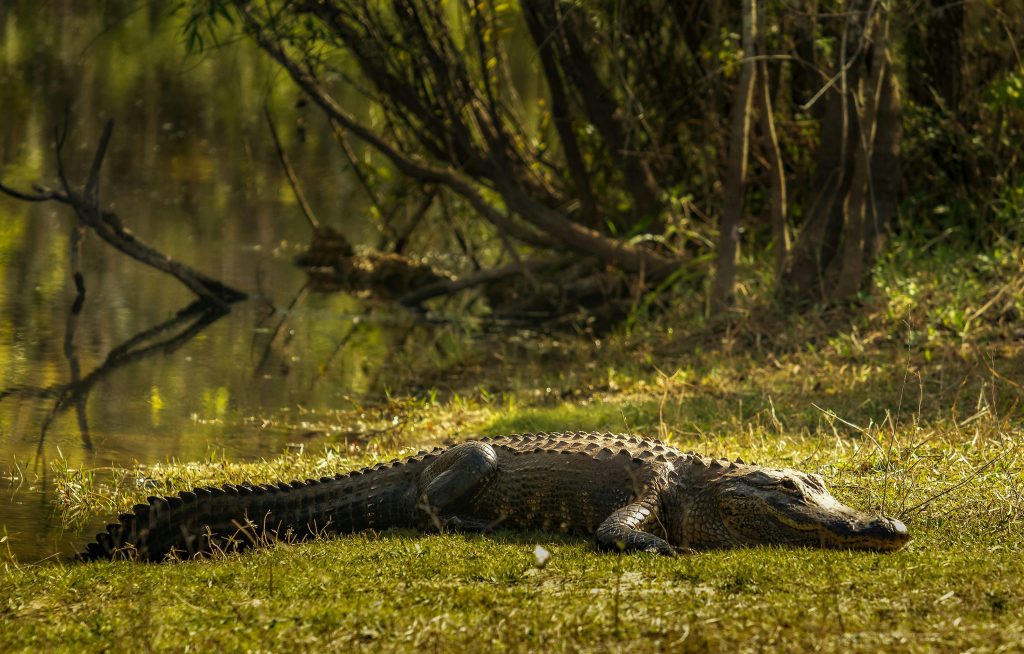
Why Choose an American Alligator?
American Alligators are not pets in the traditional sense. They are wild animals that require a level of care and commitment that few can provide. For those with the resources, space, and expertise, they can be a rewarding species to work with, but they are not recommended for casual reptile keepers. Their long lifespan (up to 50 years or more) and impressive size make them a lifelong responsibility.
Handling and Temperament
Handling an American Alligator is not for the faint of heart. These animals are powerful, unpredictable, and retain their wild instincts even when raised in captivity.
- Juvenile Behavior: Young alligators may seem manageable and even docile, but they grow quickly and can become dangerous as they mature.
- Adult Behavior: Adult alligators are incredibly strong and can cause serious injury or even death. Handling them requires specialized equipment and training.
- Temperament Variations: While some individuals may tolerate human interaction better than others, alligators are not domesticated animals and should never be considered “friendly.”
- Safety Concerns: Even a small alligator can deliver a painful bite, and larger individuals are capable of inflicting life-threatening injuries.
Handling Tips
- Avoid handling adult alligators unless absolutely necessary.
- Use tools like feeding tongs or poles to maintain a safe distance.
- Never allow children or inexperienced individuals near an alligator.
Care and Maintenance
Caring for an American Alligator is a monumental task that requires significant resources, space, and expertise.
Enclosure Setup
- Size: Adult alligators need an enclosure that mimics their natural habitat, including a large body of water and ample land space. A backyard pond or custom-built enclosure is often necessary.
- Water Requirements: The water must be deep enough for the alligator to fully submerge and equipped with a filtration system to maintain cleanliness.
- Basking Area: Alligators require a warm basking area with UVB lighting to regulate their body temperature and support their health.
- Security: The enclosure must be escape-proof and designed to prevent unauthorized access.
Humidity and Temperature
- Humidity: Moderate to high humidity levels are essential, especially for younger alligators.
- Temperature: Maintain a temperature gradient with a basking spot of 90–95°F and cooler areas around 75–85°F.
Feeding
- Diet: Alligators are carnivorous and require a diet of whole prey items, such as fish, rodents, and poultry. Juveniles need smaller, more frequent meals, while adults can be fed larger prey less often.
- Supplements: A balanced diet is crucial, but additional supplements are generally not required if the diet is varied and nutritious.
- Feeding Schedule: Feed juveniles 2–3 times per week and adults once a week, adjusting portion sizes based on their size and activity level.
Lighting
- UVB Lighting: Essential for calcium metabolism and overall health. Ensure the basking area receives adequate UVB exposure.
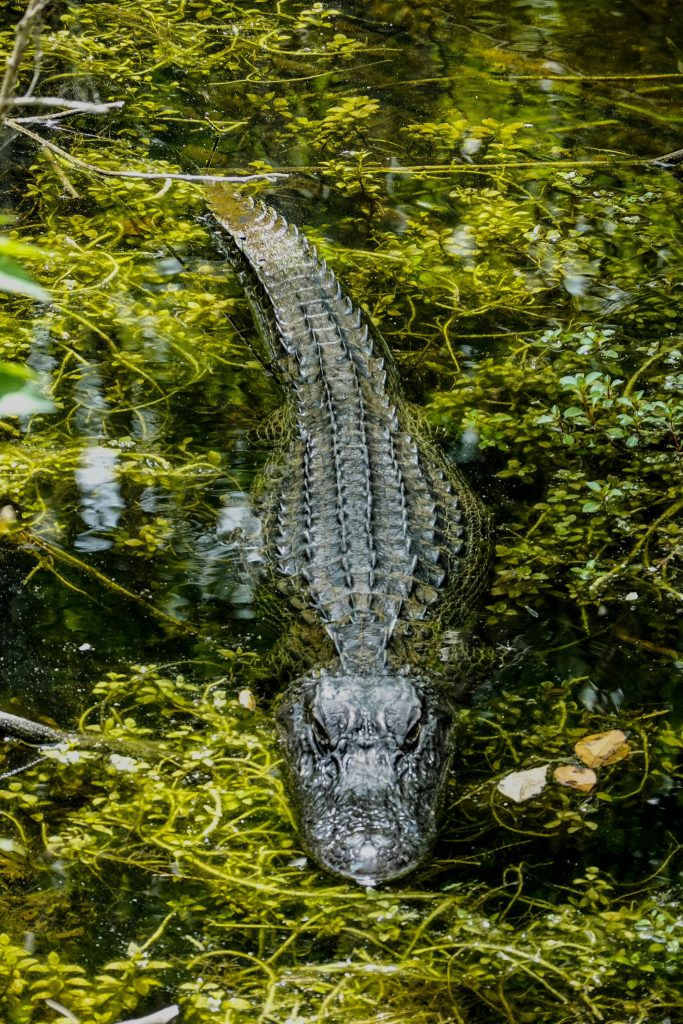
Health and Durability
American Alligators are incredibly hardy animals, but they are not immune to health issues, especially in captivity.
Common Health Issues
- Respiratory Infections: Caused by improper humidity or temperature levels.
- Obesity: Overfeeding can lead to weight-related health problems.
- Metabolic Bone Disease: Caused by insufficient UVB exposure or an imbalanced diet.
Preventative Care
- Maintain proper humidity and temperature levels.
- Provide a balanced diet and clean water.
- Schedule regular check-ups with a veterinarian experienced in reptile care.
With proper care, American Alligators can live for several decades, making them a long-term commitment.
Availability and Cost
American Alligators are not widely available as pets, and their ownership is heavily regulated.
Where to Buy
- Licensed breeders or wildlife facilities are the best sources for captive-bred alligators.
- Reptile expos may occasionally have alligators for sale, but buyers should ensure they are purchasing from reputable sources.
Legal Considerations
- Ownership laws vary by state and country, with many places requiring permits or outright banning private ownership.
- Always research local regulations before considering an alligator as a pet.
Cost Breakdown
- Initial Purchase: Juvenile alligators can cost between $150 to $500, depending on their size and source.
- Enclosure Setup: Building a suitable enclosure can cost thousands of dollars, including the cost of a pond, filtration system, and heating equipment.
- Ongoing Costs: Food, maintenance, and veterinary care can add up quickly, making alligators one of the most expensive reptiles to keep.
Pros and Cons
Pros
- Fascinating and prehistoric appearance.
- Hardy and long-lived with proper care.
- Unique and rewarding for experienced keepers.
Cons
- Extremely difficult to handle and care for.
- Requires a massive, specialized enclosure.
- High upfront and ongoing costs.
- Legal restrictions and ethical concerns.
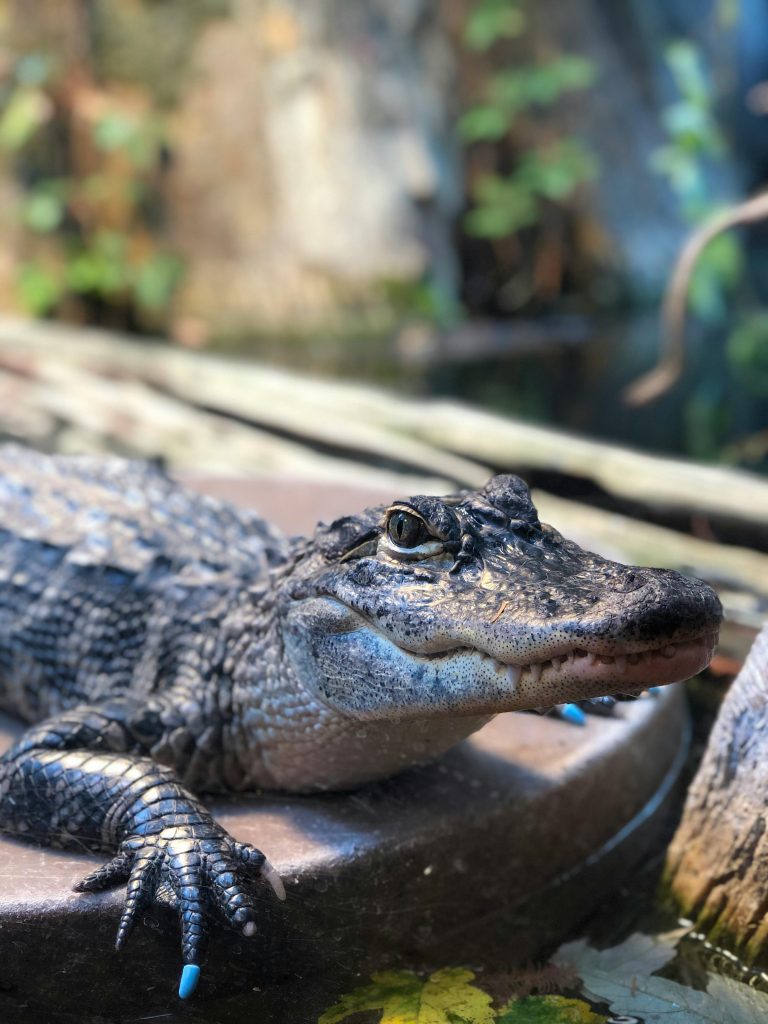
Final Thoughts
American Alligators are undeniably captivating creatures, but they are not suitable pets for the vast majority of people. Their size, strength, and complex care requirements make them a responsibility best left to professionals or highly experienced enthusiasts. For those who are passionate about crocodilians but lack the resources to care for an alligator, smaller species like caimans or dwarf crocodiles may be a more manageable alternative.
If you’re considering an American Alligator, we strongly recommend visiting a sanctuary or wildlife facility to observe these incredible animals in a safe and controlled environment. Their beauty and power are best appreciated from a distance, where they can thrive without posing a risk to humans or themselves.
Have you owned an American Alligator? Share your experiences and tips in the comments below! We’d love to hear how you care for your alligator and what makes them special to you.
For more reptile care tips and reviews, stay tuned to our blog and don’t forget to subscribe to our newsletter! 🐊

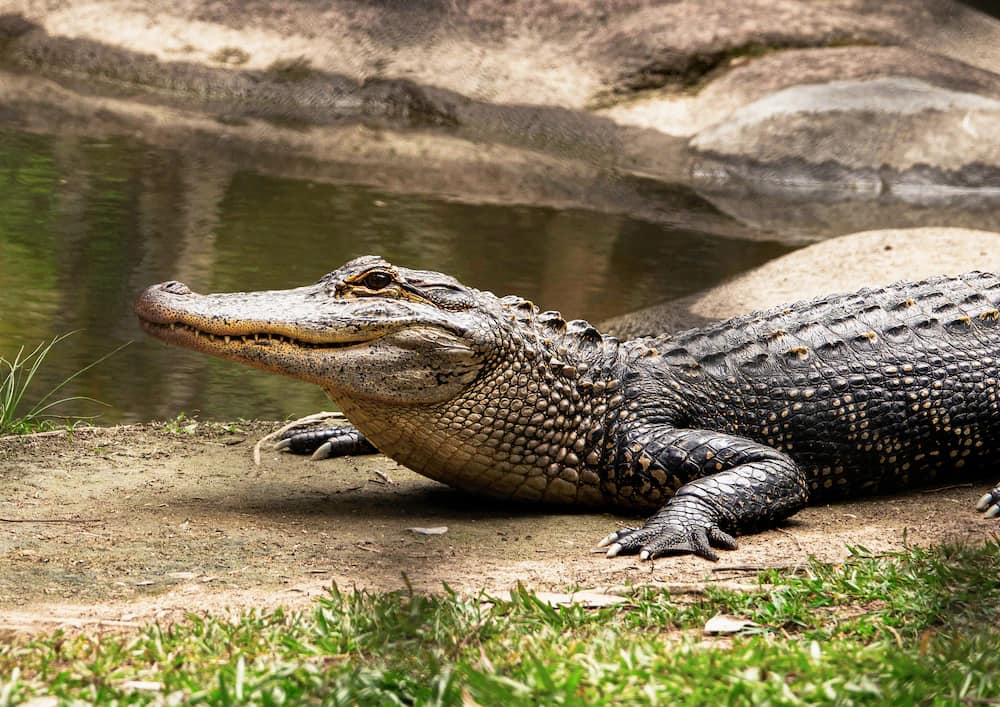

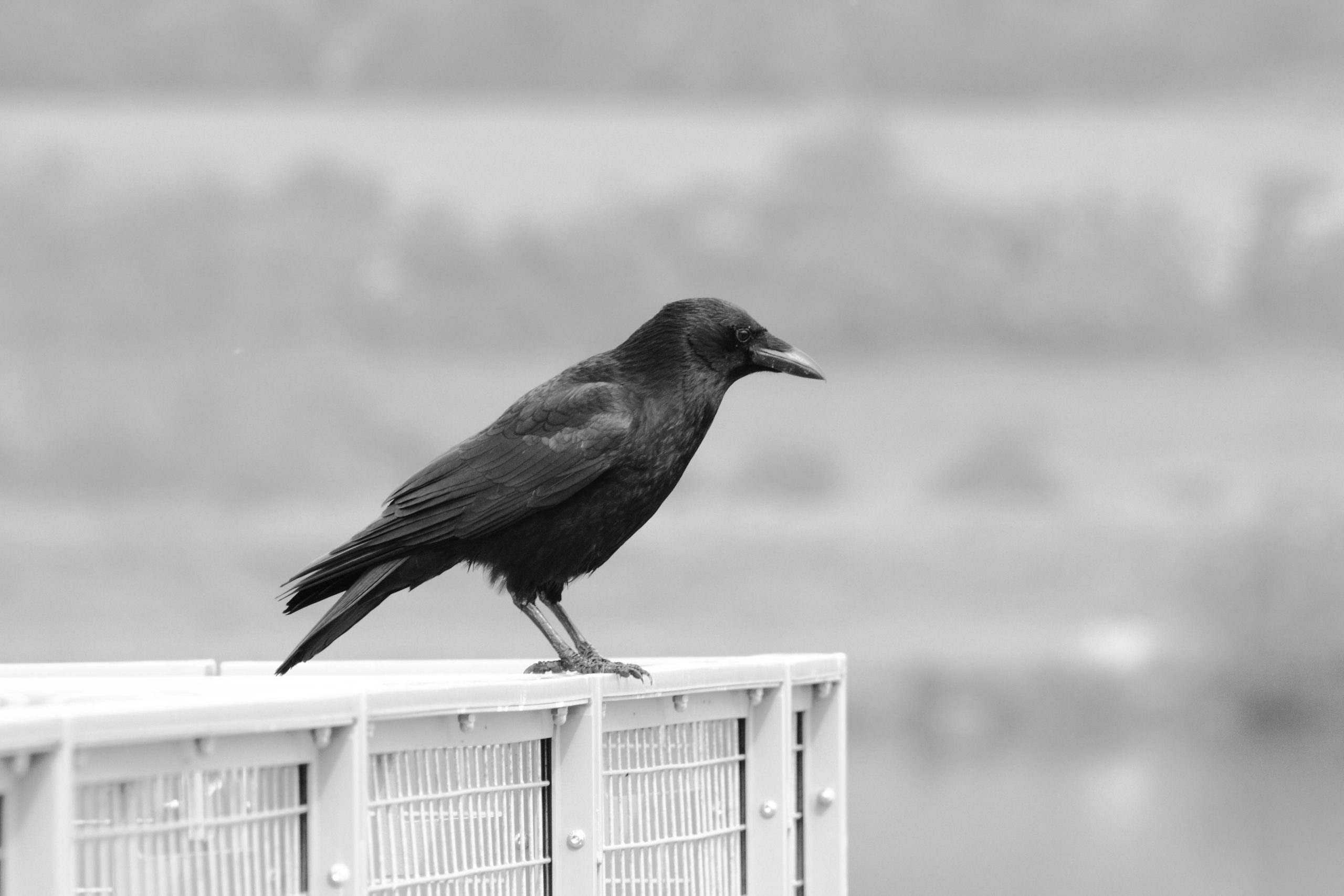
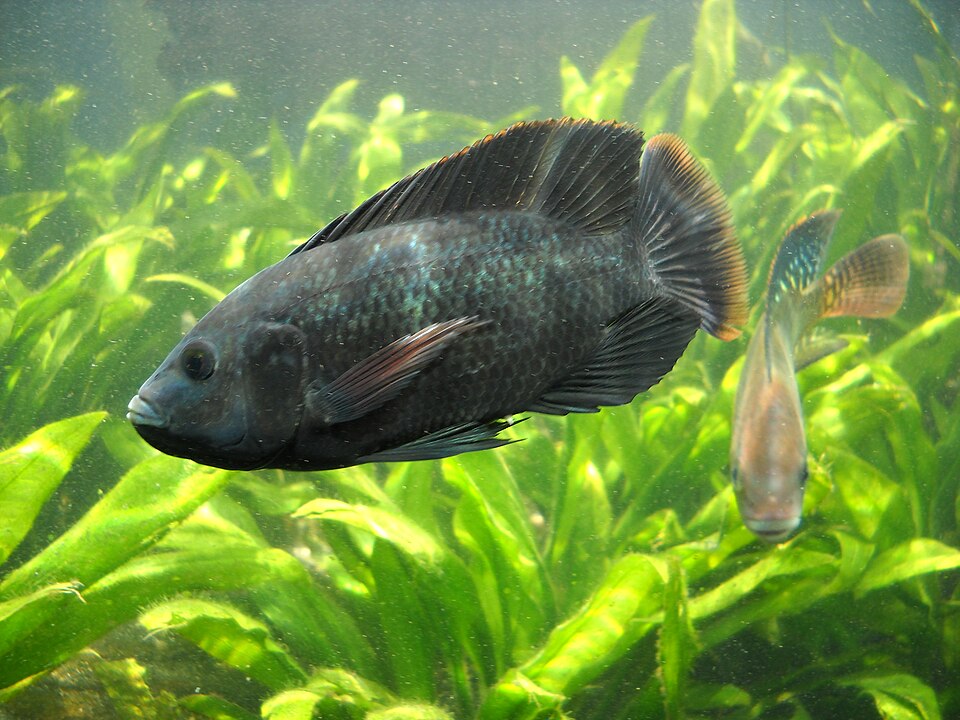
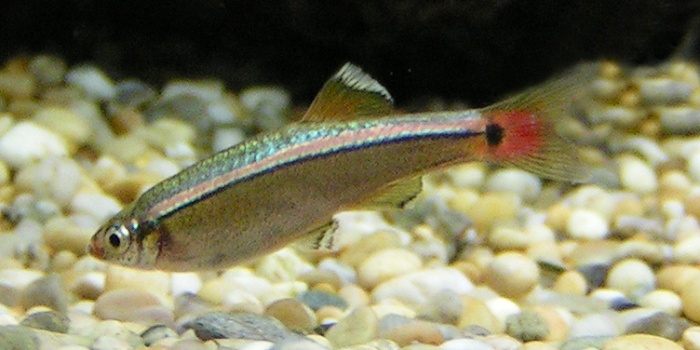
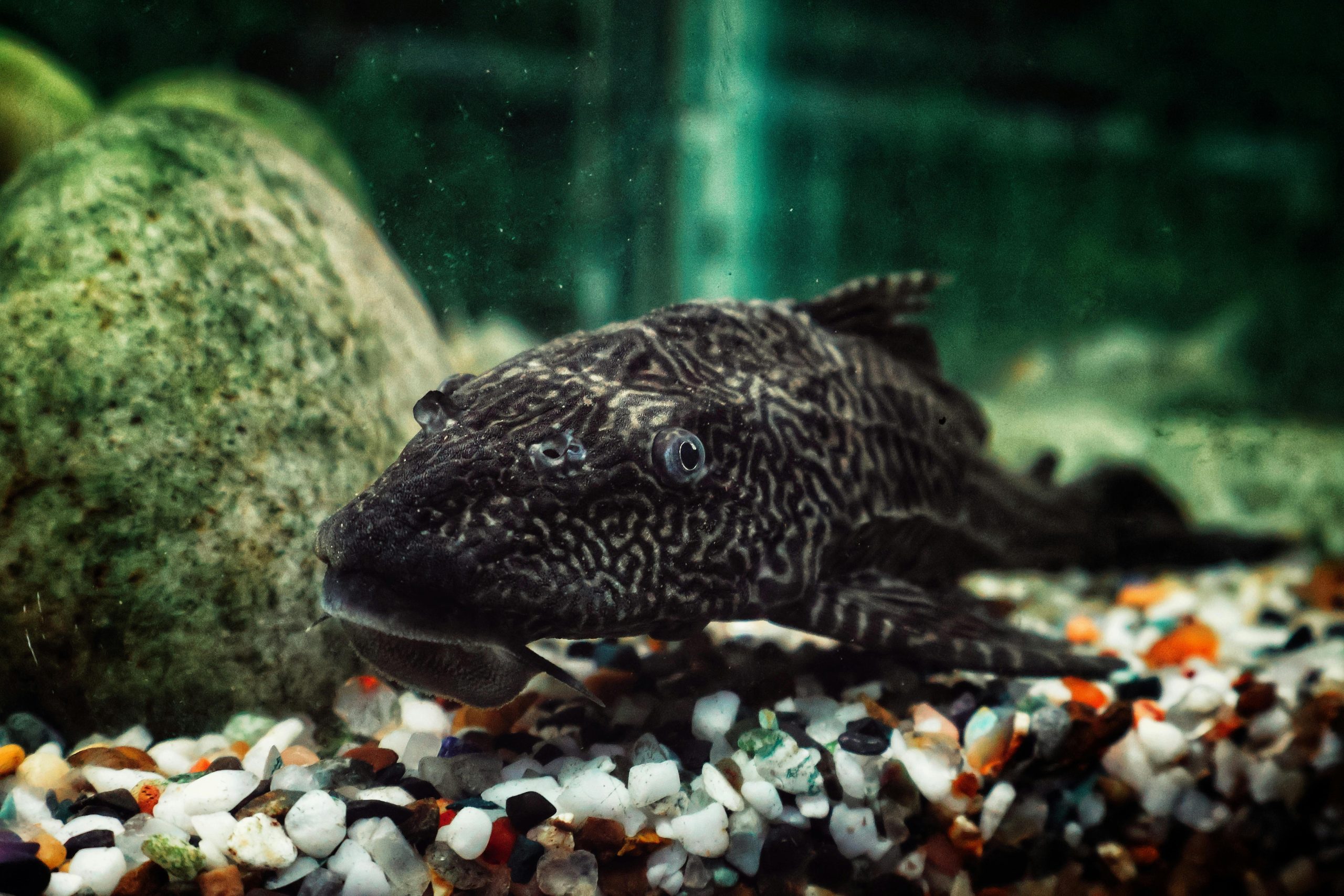
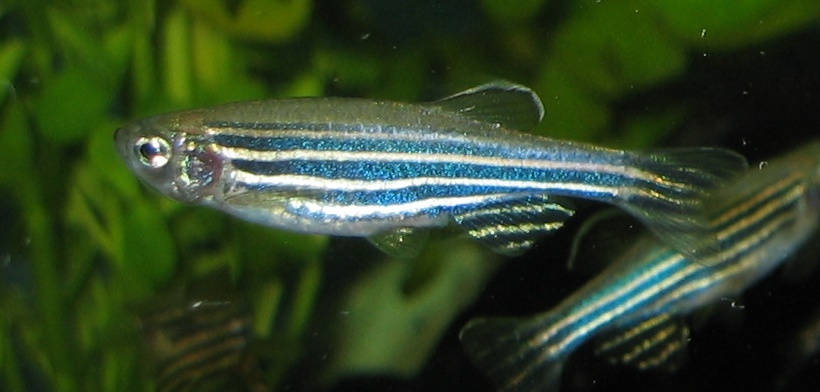
Leave a Reply